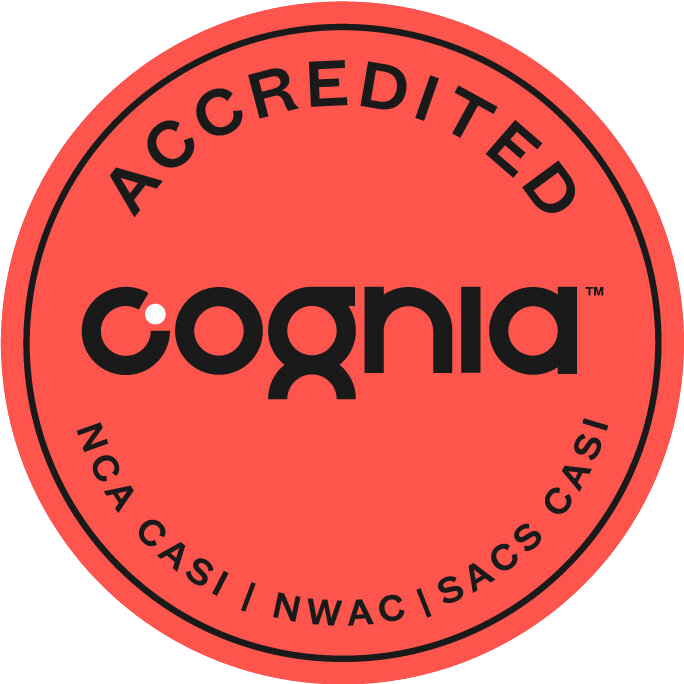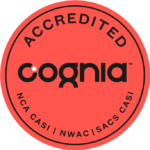What Is Dual Language and Why Is It Beneficial?
Currently, thanks to globalization and cultural evolution, the characteristics that define a good professional have expanded. At this time, a person who speaks two or more languages has more value in the work field. For that reason, the dual language system has been created and is so popular among teachers and principals of the best schools worldwide. In this way, you must be wondering… What is dual language and why is it beneficial? So, if you want to know the answer… Continue reading this article!
Dual language is a form of education or educational program that is designed so that the student can study the content in two languages. Its main objective is to promote reading and writing in both languages, as well as the understanding of literature, history and even mathematics. It is a bilingual methodology that respects the native language and serves as a complement to it instead of replacing it. Usually, schools that follow this system are based on English and Spanish but, due to the high demand it has had, it has been implemented in many more countries and many more languages have been added to this practice. Therefore, it is now common to see curricula focused on groups such as English-French, English-Korean, French-Spanish, Spanish-Mandarin.
In this sense, it is wise to mention some of its benefits. Among those we have the following:
Students have the opportunity to train as bilinguals from an early age: It is scientifically proven that people acquire a language better if they start studying it since they are children. This will help them learn to read, write and speak in both languages without problems and very fluently.
It makes students have better academic performance: People who are part of dual language programs develop much stronger cognitive skills. Participating in educational systems that allow them to acquire knowledge about two different languages is highly advantageous. Mastering more than one language helps reasoning and increases effectiveness when solving problems.
It encourages students to develop greater cultural sensitivity: Dual language programs work through partner education. Usually, each student is assigned a partner who is fluent in the second language so that both can help each other. Thus, a cultural exchange takes place, respect between individuals is fostered and each party creates a link with the traditions and customs of the other.
Expand memory: This happens especially in children. Those who grow up in an environment with multiple languages develop a stronger and more accurate memory, which helps them be better in mental, logical, and other essential skills.
Improves attention: Learning a new language makes people have more control over their attention and work by limiting distractions. This happens because they activate more areas of the brain and are able to master their functions in greater depth.
Increase job opportunities: In the professional world, a person who has been educated under a dual language system will have many more opportunities. In fact, being bilingual is a mandatory requirement in a large percentage of today’s businesses.
In addition to everything described above, educational modalities with dual language offer many benefits on a personal and emotional level. A person capable of speaking in two languages feels more confident and develops more self-esteem. Moreover, it can expand their creativity and motivate them to be self-taught and investigative, strengthen their communication skills and much more.







